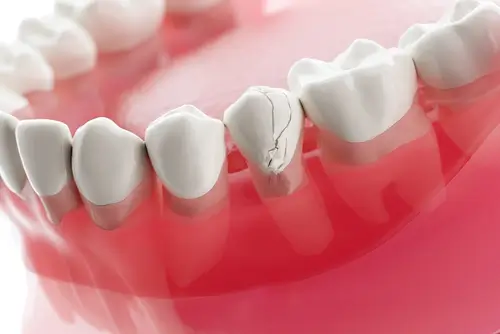Book Now
Does The Tooth Pain Increase Days After Root Canal Treatment?
Millbrae, CA

When considering the aftermath of root canal treatment, one of the common concerns patients have is whether tooth pain can increase in the days following the procedure. Understanding the complexities of root canal therapy and the typical recovery process is crucial in addressing this concern. This essay delves into the intricacies of root canal treatment, the factors that influence post-treatment pain, the typical healing process, pain management strategies, and when to seek further medical advice.
Understanding Root Canal Treatment
Root canal treatment, also known as endodontic therapy, is a dental procedure aimed at removing infected or damaged tissue from inside a tooth. The treatment involves cleaning and disinfecting the root canal system, which prevents the spread of infection and saves the natural tooth. The process entails the removal of the pulp (the part of the tooth containing blood vessels and nerves), cleaning and shaping the canal, and then filling it to prevent re-infection.
Factors Influencing Post-Treatment Pain
The experience of pain after root canal treatment varies widely among individuals and depends on several factors, including the extent of infection prior to the procedure, the complexity of the treatment, the patient’s pain threshold, and the presence of any complications during or after the procedure.
- Pre-existing Infection: Patients with severe infection or abscesses might experience more discomfort after the procedure as the body continues to heal and fight off residual bacteria.
- Complexity of the Procedure: Teeth with multiple root canals or curved canals may require more extensive work, which can contribute to post-treatment discomfort.
- Patient’s Pain Threshold: Individuals have varying tolerances to pain, which can influence their perception of discomfort following the procedure.
- Complications: While rare, complications such as a cracked tooth, a missed canal, or a faulty filling can cause pain and require further treatment.
The Healing Process
After a root canal, it is normal to experience some level of discomfort or mild pain. This discomfort is typically most noticeable in the first few days following the procedure but should gradually subside as the inflammation diminishes and the tooth heals. The pain, often described as a dull ache or sensitivity, especially to biting pressure, is part of the natural healing process. However, severe pain or pain that increases in intensity days after the procedure is not typical and may indicate an underlying issue that requires attention.
Managing Post-Treatment Pain
Pain management is an important aspect of the recovery process. Dentists often recommend over-the-counter pain relievers such as ibuprofen or acetaminophen to manage discomfort. In some cases, prescription medications may be provided. Additionally, patients are advised to avoid chewing on the affected side of the mouth, maintain good oral hygiene, and apply ice to the area to reduce swelling if necessary.
When to Seek Further Medical Advice
Patients should contact their dentist if they experience severe pain, swelling that worsens over time, an allergic reaction to medication, or if the pain persists for more than a few days without improvement. These symptoms could indicate an infection, a necessary adjustment to the filling, or other issues requiring further dental intervention.
While it is common to experience some level of discomfort after root canal treatment, severe or increasing pain in the days following the procedure is not typical and may signal the need for additional care. Understanding the factors that influence post-treatment pain, the normal healing process, effective pain management strategies, and recognizing when to seek further medical advice can help patients navigate their recovery more comfortably. It is crucial to follow the dentist’s post-care instructions and to communicate any concerns or unusual symptoms experienced during the recovery phase. With proper care and attention, root canal therapy is a highly effective treatment that can preserve natural teeth and promote oral health for years to come.



